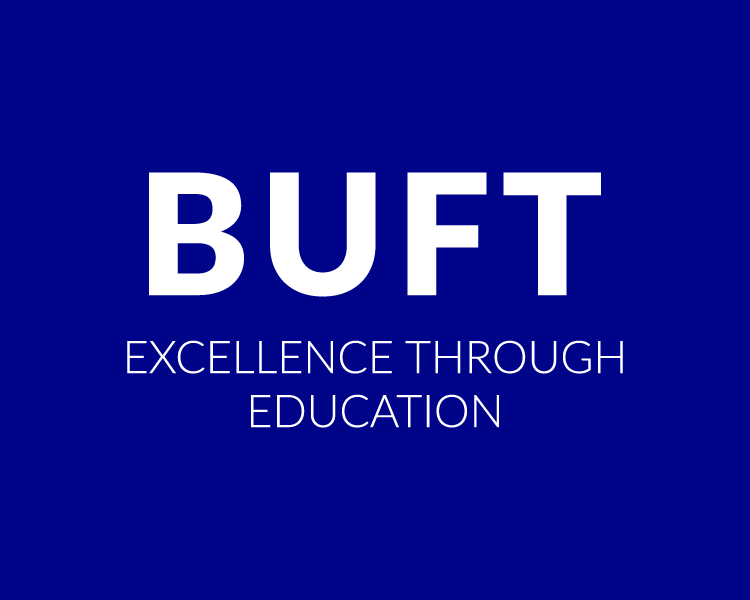Compliance of GRI G4 and Pattern of Sustainability Disclosure in the Corporate Sector of Bangladesh
Dr. Shakhawat Hossain SarkarJatiya Kabi Kazi Nazrul Islam University, Trishal, Mymensingh, Bangladesh
Email: sarkar_knu@jkkniu.edu.bd
Download pdf
Abstract
Purpose: The research is an attempt to find out the pattern and the level of sustainability disclosure as well as identify the relationship of sustainability disclosure with corporate characteristics. Methodology: The study used secondary sources of data collected through content analysis of the annual report of the listed companies in DSE based on GRI G4 guidelines. The sustainability disclosure index (SDI) is used as a measure of the level of disclosure. Data for the study analyzed using both descriptive and inferential statistics such as frequency, mean, standard deviation, percentile, and ANOVA. Findings: Statistical result implies that the mean SDI is poor (mean 12.19 and SD 9.61) compared to developed and developing countries where economic disclosure is five times higher than environmental and four times higher than social disclosure. Only about one-sixth of the companies prepared separate sustainability reports, and most of the companies disclose sustainability information in more than one place of the annual report. Sustainability disclosure is significantly related to category, nature, industry membership, ISO certification, multi-nationality, age, size, profitability, and leverage of the company. Limitations: The research used only quantity ignoring the quality of sustainability information from the one-year annual report of the company based on GRI G4 guidelines. Practical Implications: The research adds value to the existing knowledge of sustainability disclosure and provides a message to the policymakers. Originality: This is one of the pioneer studies that examined the level and pattern of sustainability disclosure in Bangladesh as well as showed the relationship between sustainability disclosure and company characteristics, considered as an evolving economy
